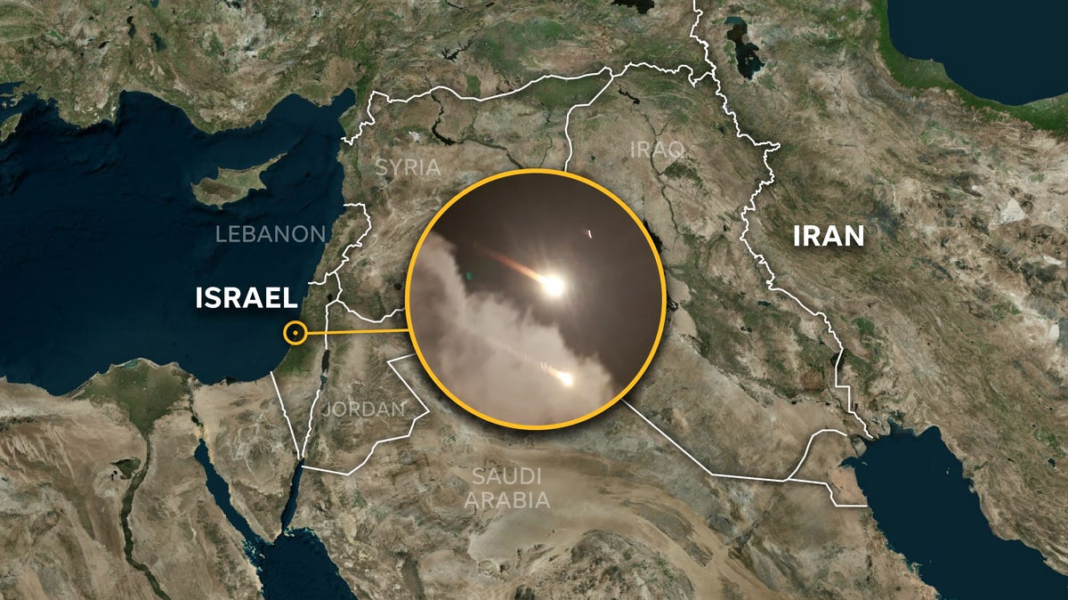How Iran’s missile strike on Israel could escalate the conflict throughout the Middle East
Clashes between Israeli troops and Hezbollah fighters are ongoing in southern Lebanon as Israel contemplates its response to Iran’s missile attack that occurred on Tuesday.
Israel is preparing for a “significant” response to Iran, which has reportedly launched over 180 ballistic missiles at Israel. This retaliation could potentially broaden the conflict across multiple countries in the Middle East.
Iran claims that the missile attack was in retaliation for Israel’s recent assassinations of several Hezbollah leaders, including its top figure, Hassan Nasrallah.
Within Lebanon, Israel has stated it is undertaking a “localized and targeted” ground offensive aimed at Hezbollah command centers and arms depots. This indicates that Israel is now engaged in combat on three fronts, facing:
- Hamas in Gaza.
- Hezbollah in Lebanon.
- Iranian forces in Iran.
Where did Iran’s missiles hit in Israel?
Following the attack on Israel by Hamas on October 7, Israel has been targeting Hamas officials as part of its retaliation, according to the Center for Strategic & International Studies.
This missile strike bears resemblance to an earlier Iranian aerial assault on Israel in April, where approximately 300 missiles and drones were deployed. In both instances, no fatalities were reported in Israel, and most missiles were successfully intercepted.
US military sent to support Israel
Most Iranian missiles were intercepted either by Israeli air defense systems or by interceptors launched from two U.S. Navy destroyers, the USS Bulkely (DDG-84) and USS Cole (DDG-67), which are among the three guided-missile destroyers currently stationed in the Eastern Mediterranean.

